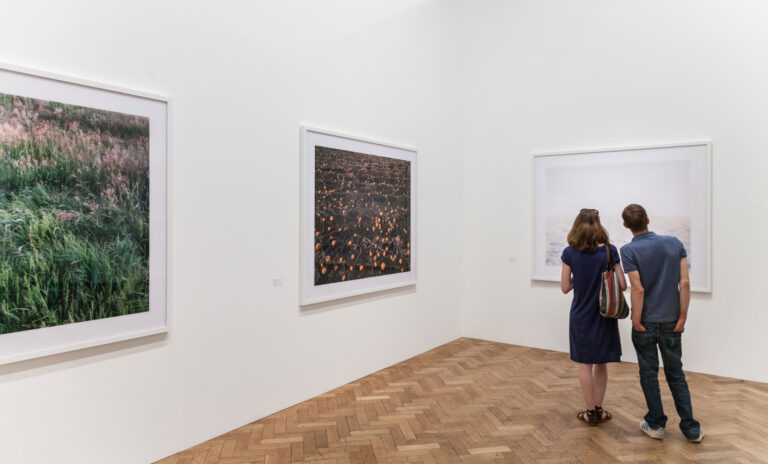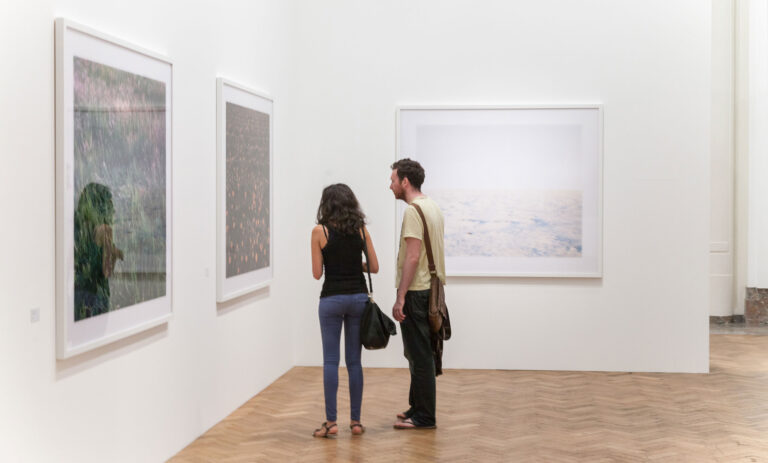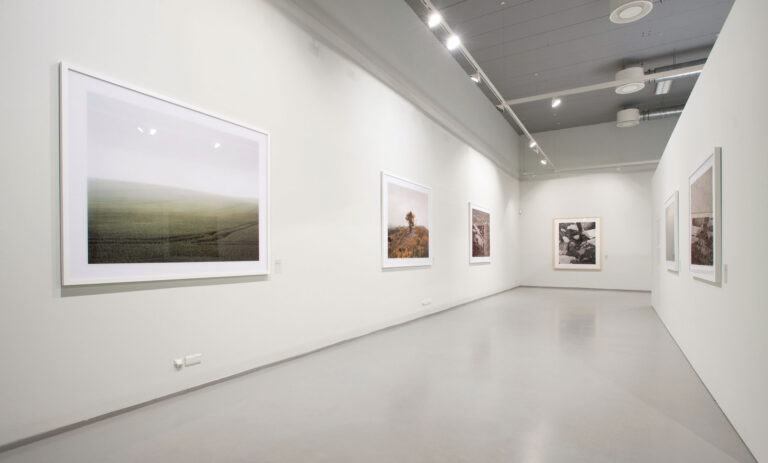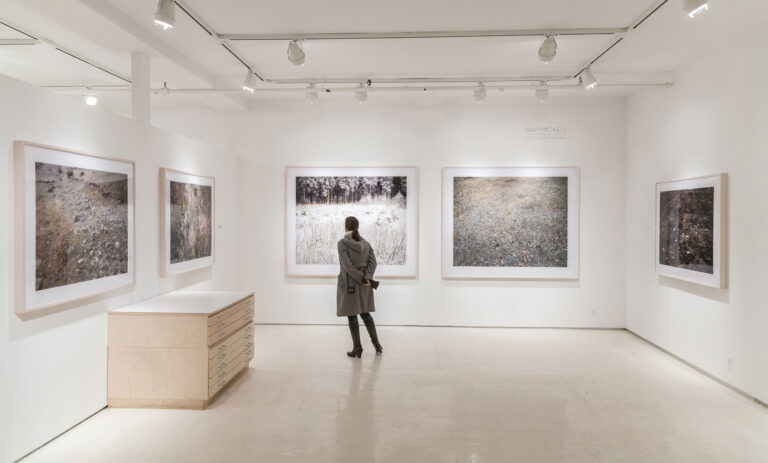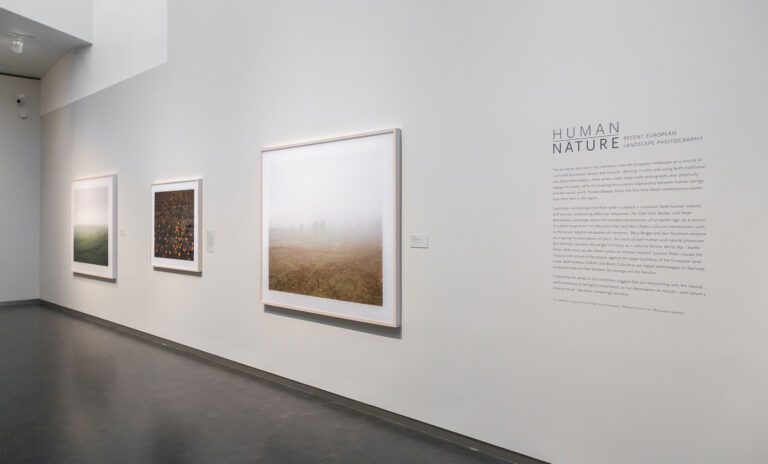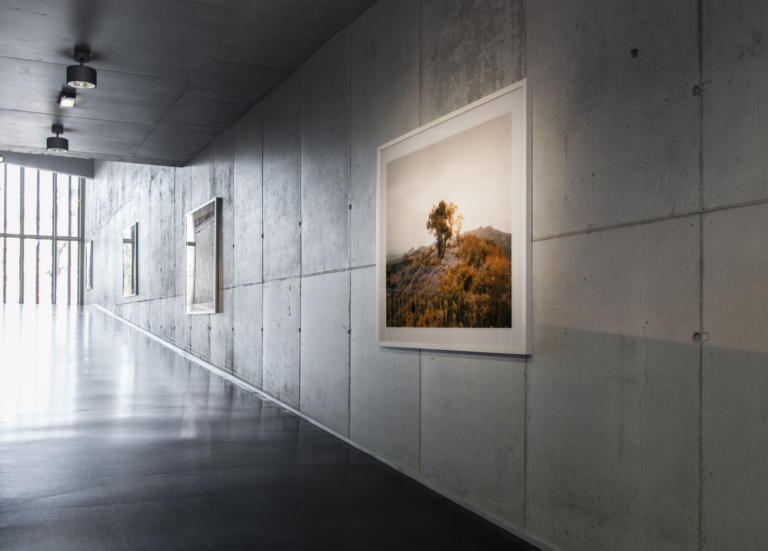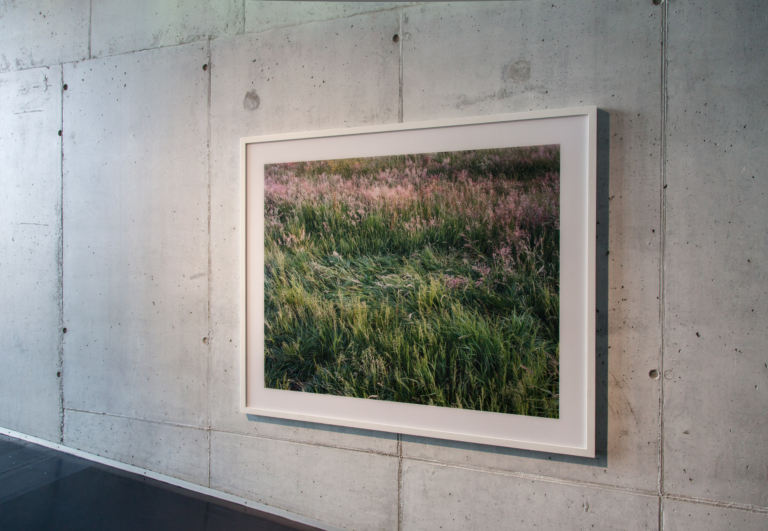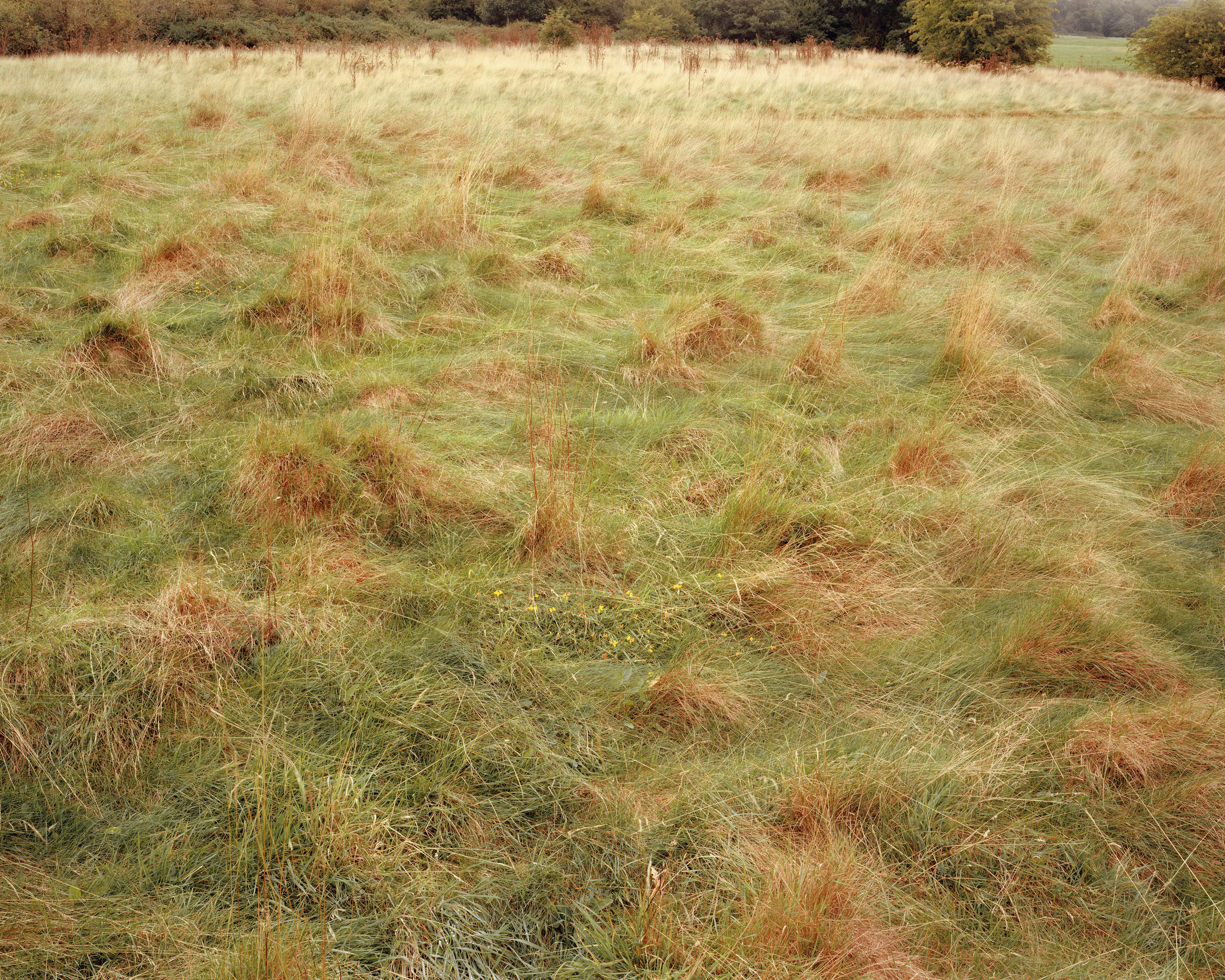Hastings 1066, Fyrdmen, 2005
Hastings 1066, Fyrdmen 2005
At the dawn of the new millennium I had lived for more than a decade in the US since leaving Belgium. The political landscape in America was increasingly changing to unilateral approaches in dealing with adversaries and enemies and this growing difference with the European Union, with its own roots in finding peace between countries, was an early starting point for this series.
The title of the project admits to diverse possible readings: the unfolding development and repeating of history, the teaching of history or history’s playing field. I don’t choose a single reading, but let the title open up further space for interpretation. In The Course of History, I set out to portray the once blood soaked sites of Europe’s former battlefields from Troy until the end of the Second World War, not by showing the obvious scars (if any) or monuments and memorials or war cemeteries but by portraying happenstance marks or subtle features that would allude to a violent past or evoke collective memory contrasting with the sublime and pastoral character of landscape. The natural world is both one of beauty and of violence or cruelty, both always there and existing in each other’s shadows; or, to borrow the American earth artist Robert Smithson’s words: ‘each landscape, no matter how calm and lovely, conceals a substrata of disaster.’
______________________
“Bart Michiels’s perilously beautiful, poetically eloquent encounters with the landscapes of war offer one of the most powerful, yet movingly tentative answers that have yet been given in any medium of representation. In their terrible quietness, in their depopulated fullness, in their earthy witness, the photographs stand at the opposite pole of response from the stone monuments, the statuary, the info-plaques, the museum “Centres” obtusely built over the earth-covered bodies. Michiels understands that less is more; that somehow the action can be brought to life by the very stillness and emptiness of the space in which it was originally enacted.”
-Simon Schama
(Excerpt from the introduction to The Course of History, published by Damiani)
